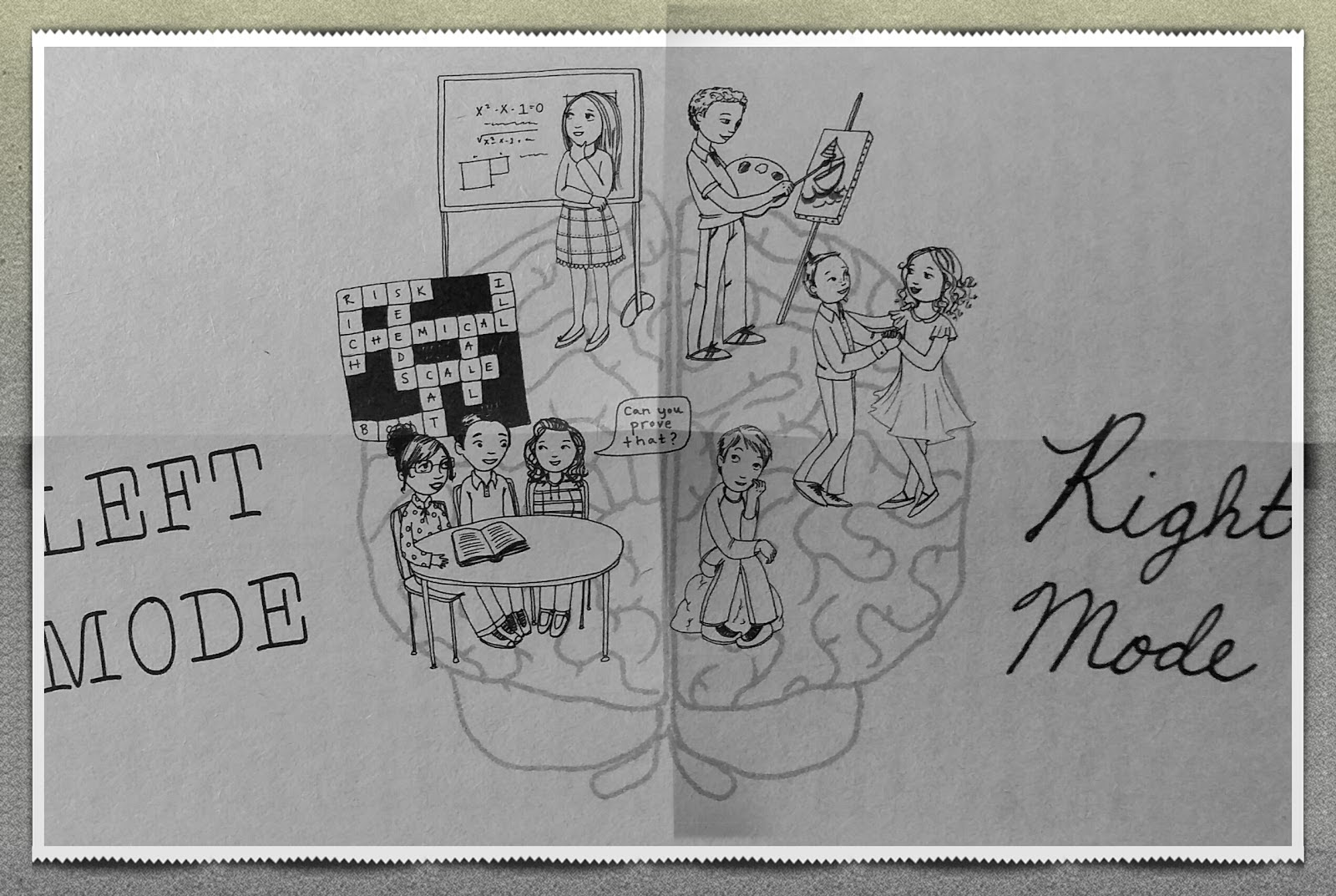|
Emotions: An Unseen Treasure
Countryside Montessori Preschool
To all parents, teachers, caregivers, and children
In the book, The Colour Monster, the author Anna Llenas explains six basic emotions that help engage the child to label one’s feelings…sadness, anger, fear, calm, happiness, and love. The monster has the help of a kind friend to put the mixed up emotions into jars. The metaphor with this book is simple and yet profound. As we grow, our experiences can be placed into our memory as emotional teachings. In another book, The Whole – Brain Child, by Daniel J. Siegel, and Tina Payne Bryson, an image of our brain’s function is discovered. This helps us better understand not only as an adult, but also for the child, how both sides of our brain matter. In essence they work as a team, and as the authors state…
“In order to live balanced, meaningful, and creative lives full of connected relationships, it’s crucial that our two hemispheres work together.”

So how do we help children with emotions? We first start with ourselves. Knowing how to help children begins because we make the time to slow down and understand how we respond to situations and experiences. Please note here, our gained knowledge of ourselves is unique, much like the child’s. This step is deeply important as it will create more compassion and understanding when responding to the child’s feelings. Because when we model the behavior, our child(ren) sees us using tools in our toolbox, which they will then use.
Some tools to be used right away, are first, label your emotions when it comes up, i.e., “I am feeling so happy that laundry is put away,” or “I feel sad when the last cookie was taken from the jar.” Yes, this may seem odd to practice, but the more language we can familiarize children with, it will be easier when you, the parent, help children say their emotions. Second, here are three R’s that will help simplify any difficult, highly sensitive moment…Regulate, Relate, and Reason. Regulate means to help soothe the child, meaning, give them a calm space and loving connection. Next, Relate to them by validating the experience, “I see you are feeling frustrated with your legos.” Finally, Reason with them after they are calm. This may mean they take time away from what is frustrating, to later come back to discuss. Ultimately, think of how you, as the adult may respond to this style of emotional parenting versus nothing at all. Wouldn’t it feel good to be validated and acknowledged?
At the core of our human experience is connection as it helps build a foundation for compassion, empathy, and trust. As in anything, repetition and intention build healthy, mind and body growth. Therefore, our emotional well-being is ever so vital and very much deserving of our time and energy because…lifelong learning and a growth mindset will be greatly felt and supported, for the whole family.
“Connection is the energy that exists between people when they feel seen, heard, and valued; when they can give and receive without judgment; and when they derive sustenance and strength from the relationship.” -Brené Brown
Best Regards,
Ms Alysia
|
